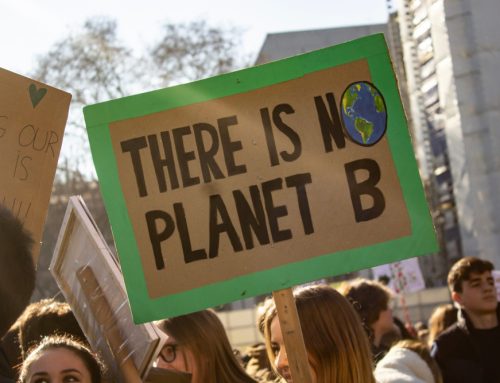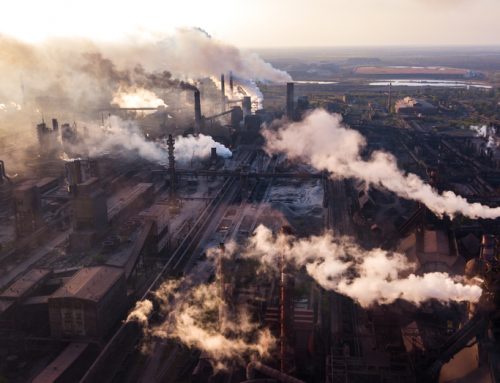The United Nations Development Programme (UNDP) has carried out the largest ever survey of public opinion on climate change.
Using a new approach to polling, the survey reached 1.2 million people across 50 countries to ask about the actions that they think governments should take.
The poll was carried out in conjunction with the UNDP, Oxford University and a range of non-governmental organisations (NGOs). Almost half of the respondents were aged between 14 and 18.
A key finding from the poll was that 64% of people view climate change as a global emergency. Across the UK, around 81% agreed that climate change was a global emergency whilst in the US, this number was 65%.
The poll showed that the younger a voter was, the more likely it was considered an emergency. For over 60’s, the number dropped to 58%.
From the survey, the top four policies to tackle climate change were:
- Conserve forests and land (54%)
- Use solar, wind and renewable power (53%)
- Climate-friendly farming techniques(52%)
- Investing more money in green businesses and jobs (50%)
Cassie Flynn, strategic adviser to the UNDP, commented on the results: “People are scared, they are seeing the wildfires in Australia and California, they’re seeing the category five storms and in the Caribbean, they are seeing flooding in Southeast Asia. And they’re looking around them and they’re saying, this is a real problem. We have to do something about this.”
And on the change in demographics and how it varied results, Flynn said: “When it comes to demographics, something that we saw very clearly was that there is a high correlation between a level of education and belief in the climate emergency. The more educated you are, the more likely you are to believe that there is a climate emergency.
“And this is really, really powerful, because it doesn’t matter where you’re from, it doesn’t matter your age, education really, really is important,” she added.
“How they respond to the climate crisis, how they respond to the Covid crisis, is really going to chart an entirely new pathway. And so in many ways, it is this moment of choice.”
The aim of the vote is to connect the global public to policymakers across the world – and to provide governments and policymakers with reliable information on whether people consider climate change an emergency, and how they would like their countries to respond.








Leave A Comment